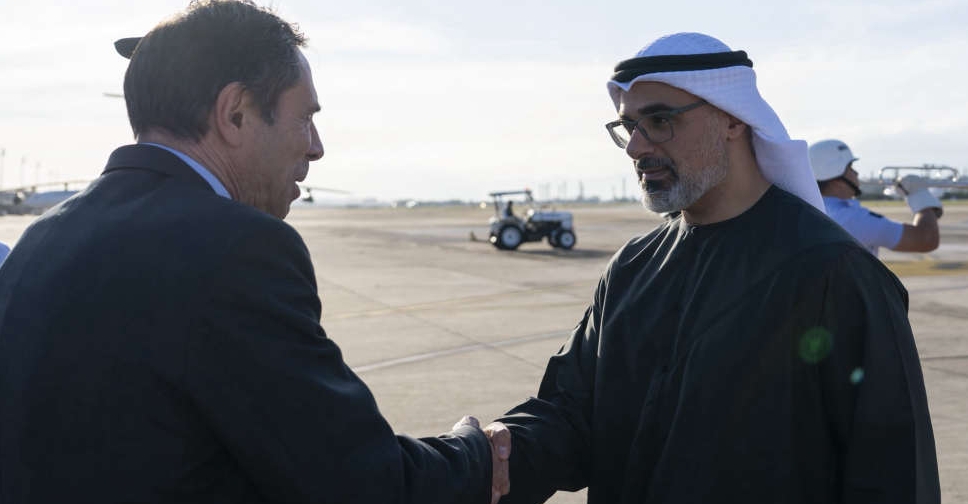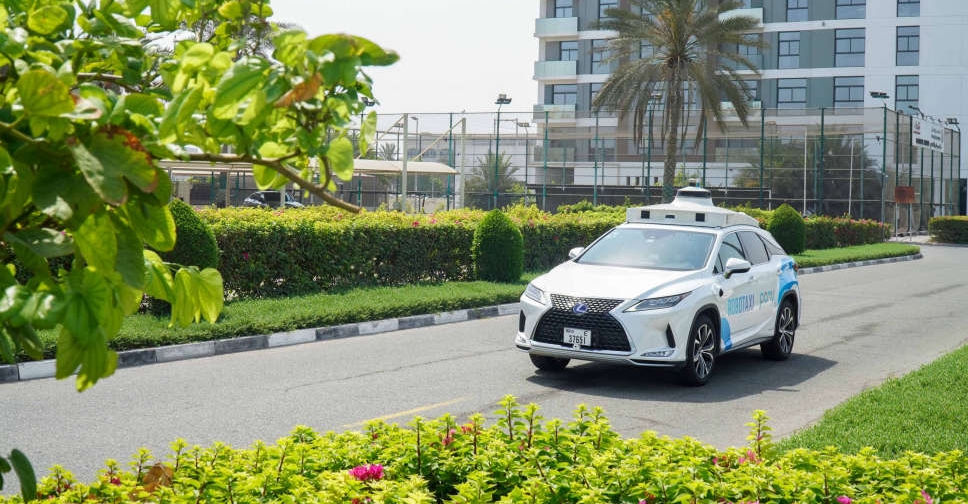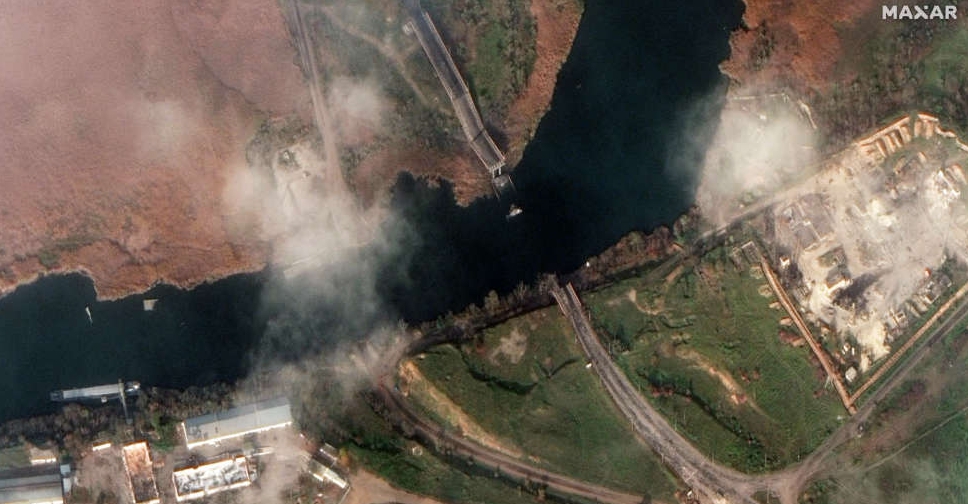
Utility companies in Kherson were working to restore critical infrastructure mined by fleeing Russian forces, with most homes in the southern Ukrainian city still without electricity and water, regional officials said on Sunday.
The governor of Kherson region, Yaroslav Yanushevych, said the authorities had decided to maintain a curfew from 5:00 pm to 8:00 am and ban people from leaving or entering the city, as a security measure.
"The enemy mined all critical infrastructure objects," Yanushevych told Ukrainian TV. "We are trying to meet within a few days and (then) open the city," he said, adding that he hoped mobile phone operators could start working on Sunday.
Ukrainian troops arrived in the centre of Kherson on Friday after Russia abandoned the only regional capital it had captured since its invasion began in February. The withdrawal marked the third major Russian retreat of the war and the first to involve yielding such a large occupied city in the face of a major Ukrainian counter-offensive that has retaken parts of the east and south.
The head of Ukrainian state railways said train service to Kherson was expected to resume this week.
Another regional official said, however, that while mine clearance was underway and authorities were working to restore critical services, in humanitarian terms the situation in the city "remains very difficult".
"Most houses have no electricity, no water and problems with gas supplies," Yuriy Sobolevskiy, first deputy chairman of Kherson regional council, told Ukrainian TV.
While jubilant residents welcomed arriving troops in Kherson, Ukraine's general staff reported continued fierce fighting along the eastern front in the Donetsk and Luhansk regions.
Over the past 24 hours its forces repelled Russian attacks along several settlements in both regions, it said in its morning update, while reporting Russian rocket and artillery fire in the eastern areas of Bakhmut, Avdiivka, Novopavlivka and Zaporizhzhia.
President Volodymyr Zelenskiy credited Ukraine's success in Kherson and elsewhere in part to stiff resistance in the Donetsk region, despite repeated Russian attacks.
"There it is just hell - there are extremely fierce battles there every day," he said in his regular evening video address on Saturday.
'TWENTY YEARS YOUNGER'
Hundreds of residents lined the streets of Kherson on Saturday waving national flags, chanting "thank you, thank you" and decorating Ukrainian servicemen with blue and yellow ribbons.
"It is impossible to express in words what I feel now. Never in my life before had I felt such joy as now," Kherson resident Natalia Koloba said. "Our brothers, our protectors have come and we are free today. This is unbelievable."
Earlier on Saturday, on the road to Kherson, villagers holding flowers waited to greet and kiss Ukrainian soldiers as they poured in to secure control of the west bank of the Dnipro River after the stunning Russian retreat.
"We've become 20 years younger in the last two days," said Valentyna Buhailova, 61, just before a Ukrainian soldier jumped out of a small truck and hugged her and her companion Nataliya Porkhunuk, 66, in a hamlet near the centre of Kherson.
But volleys of artillery fire surrounded the international airport, and police said they were setting up checkpoints in and around the city and sweeping for mines left behind.
The road to Kherson from Mykolaiv was lined by fields scarred by miles of abandoned Russian trenches. A destroyed T72 tank lay with its turret tossed upside down.
The abandoned trenches were littered with refuse, blankets and camouflage netting. An irrigation ditch was filled with discarded Russian gear and several anti-tank mines were visible on the side of road.


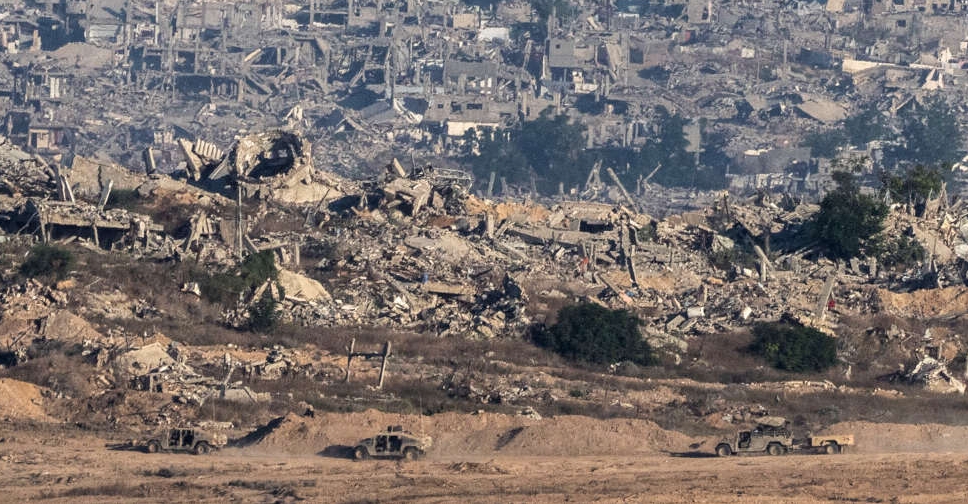 Israel sends delegation to Qatar for Gaza talks ahead of Netanyahu trip to US
Israel sends delegation to Qatar for Gaza talks ahead of Netanyahu trip to US
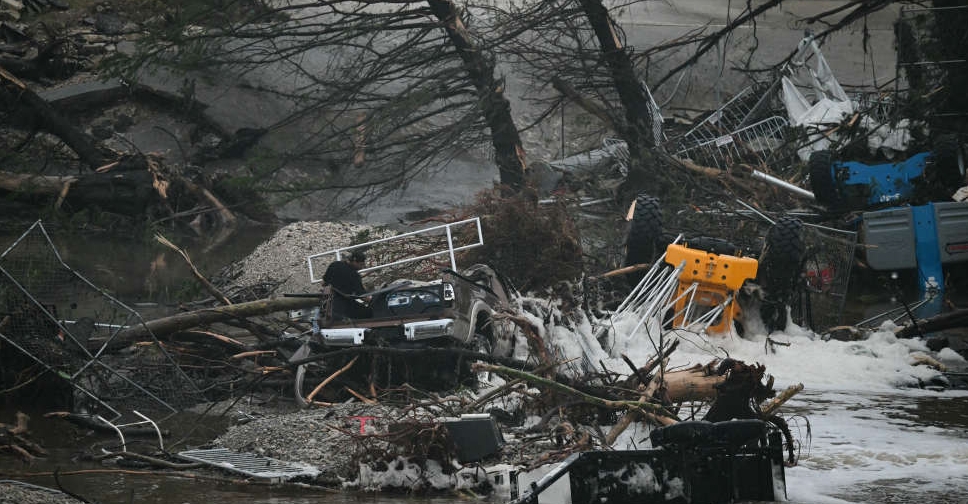 Death toll from Texas floods reaches at least 50; dozens still missing
Death toll from Texas floods reaches at least 50; dozens still missing
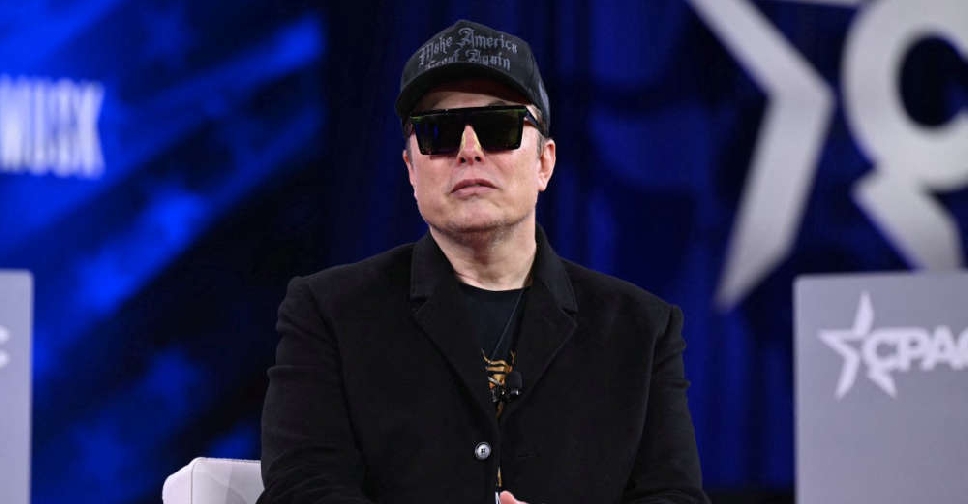 Musk announces forming of 'America Party' in further break from Trump
Musk announces forming of 'America Party' in further break from Trump
 Leaders of growing BRICS group gather for Rio summit
Leaders of growing BRICS group gather for Rio summit
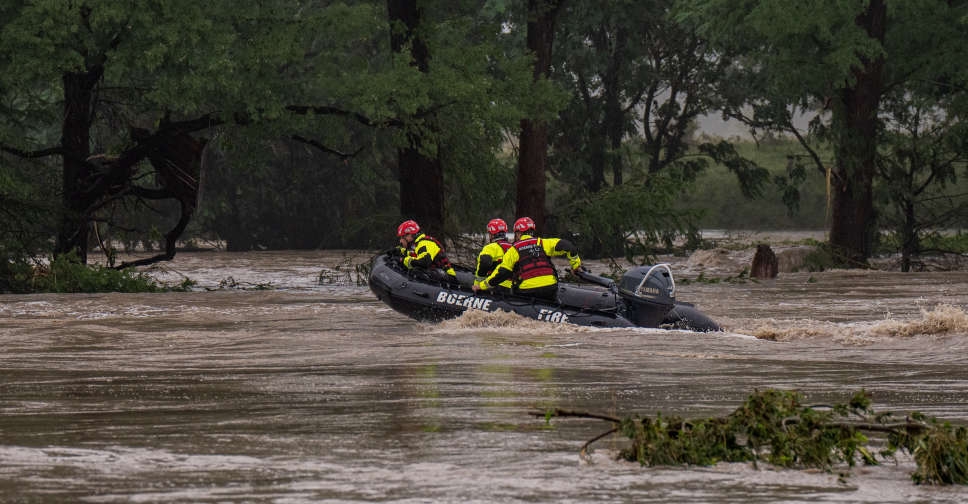 At least 24 dead in Texas flash flooding
At least 24 dead in Texas flash flooding


